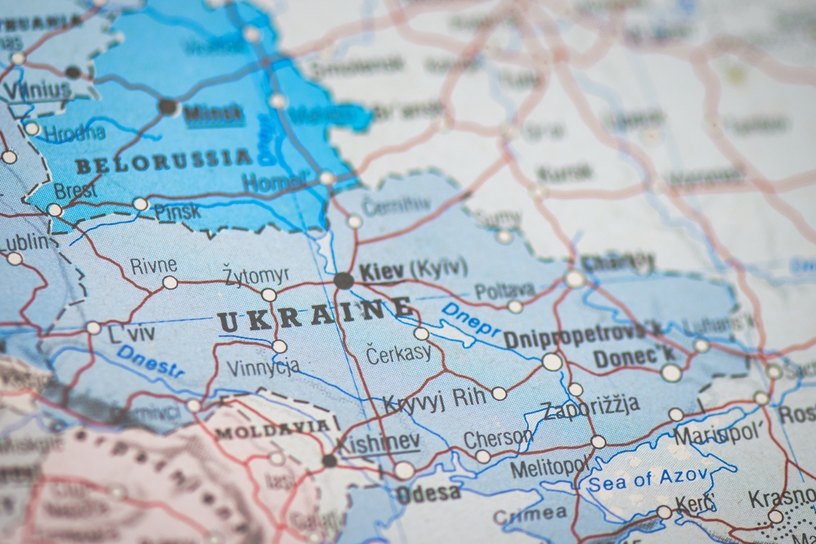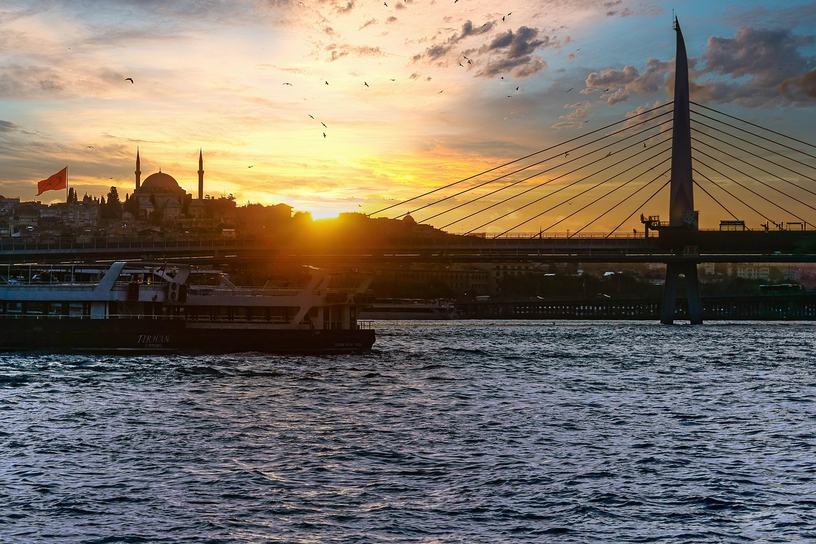There is an argument to suggest that the takeover of Chelsea by Roman Abramovich changed the face of English football forever. For the club itself, it went from being perennial also-rans to the richest side in England, spending money freely and winning Premier League title after Premier League title. It also paved the way for takeovers such as the Abu Dhabi United Group’s ownership of Manchester City and the Public Investment Fund’s decision to buy Newcastle United. We have a sense of what happened to the Blues in the wake of the Russian’s sale of the club, but what happened to him?
Why the Sale Happened

In the wake of Vladimir Putin’s decision to illegally invade Ukraine, the British government attempted to put pressure on the Russian leader by issuing sanctions against both the country and important people from the nation-state. Roman Abramovich was one of the most high-profile such people, having owned Chelsea for 19 years and undertaking the changes necessary to allow the Blues to win 21 trophies during his time in charge. In the House of Commons, Abramovich’s name was mentioned almost immediately, thanks to suggestions that he had paid for political influence in the land of his birth.
Initially, the oligarch attempted to keep hold of the Stamford Bridge club by promising to hand over ‘stewardship and care’ to the trustees of Chelsea’s charitable foundation. This, though, wasn’t seen as enough by critics of the Russian invasion, nor did Abramovich’s claimed attempts to broker peace give those in England any pause for thought. As parts of Ukraine were turned to rubble, the Russian’s ownership of Chelsea was seen as untenable. Less than two weeks after the start of the invasion, sanctions were placed on him that all but forced the sale of the football club for £2.5 billion.
Leaving England

During his time as the owner of Chelsea Football Club, Roman Abramovich had homes in various parts of the United Kingdom. As someone with citizenship of Russia, Portugal and Israel, the oligarch has the ability to spend time in all of those locations, even whilst unable to return to the UK. According to the Istanbul Real Estate Brokers Club, the billionaire began renting a gated estate in the Turkish city from late 2022, calling that his new home initially. In the months that followed, building work was carried out without authorisation, eventually leading to it having to be demolished.
He might well have wanted to have continued living elsewhere in Europe, but his ability to do so was restricted by the European Union. After his assets in the UK were frozen and he was forbidden from doing any business with British companies, the EU soon followed suit. The £2.5 billion, which had been promised to victims of the war in Ukraine, remained in a frozen bank account and nearly two years later were not being used as they had been promised. For the man himself, his time globetrotting and living opulently was curtailed, even if not ended entirely.
House-Hunting in Dubai

Anyone wanting to play their violin for Roman Abramovich shouldn’t be too quick to sympathise. The oligarch might not be free to spend time in the United Kingdom or the EU, but the majority of the world has not been as quick to criticise Russia’s aggression against its neighbour. He was spotted house-hunting in Dubai, for example, and tends to spend most of his time between the likes of Sochi in Russia, the Turkish city of Istanbul and Tel Aviv. The likelihood is that he will have seen other Russians begin to head to Dubai in the wake of the British government’s sanctions against them.
The day the invasion took place, the then-Chelsea owner was spending time at Château de la Croe on the French Riviera, a location that was once used by the Royal Family but was owned by Abramovich at the time. Now, the use of such a location is off the cards, which is why the likes of Dubai have been turned to as somewhere for him to spend time. He has also spent time in Saudi Arabia, although that was as much to do with negotiating the release of Russian prisoners-of-war in exchange for Ukrainian ones as it had to do with spending time looking for somewhere else to live.
Abramovich the Negotiator
In terms of what Roman Abramovich has actually been up to since the end of his time as the owner of Chelsea, lawyers working on his behalf claim that he has been acting as a negotiator who is looking to try to broker a peace deal between the two leaders. Although his representatives spent many years denying that there was any link between him and Vladimir Putin, it didn’t take him long to get in touch with the Russian leader in order to act as a mediator for peace talks. When negotiations began, the lead negotiator for Ukraine, David Arakhamia, said that he had been ‘useful’.
The role didn’t come without consequences. At one point, three people present at talks for peace between the two nations, including Abramovich, suffered symptoms in line with suspected poisoning. He reportedly asked one of the scientists examining him, “Are we dying?”, after suffering from sore eyes and peeling skin. In spite of this, he continued to act as a mediator, even as his presence in negotiations added both cynicism and curiosity. All the while, his carefully curated reputation as something of a philanthropist has remained in place, even if his money isn’t welcome in certain quarters.

